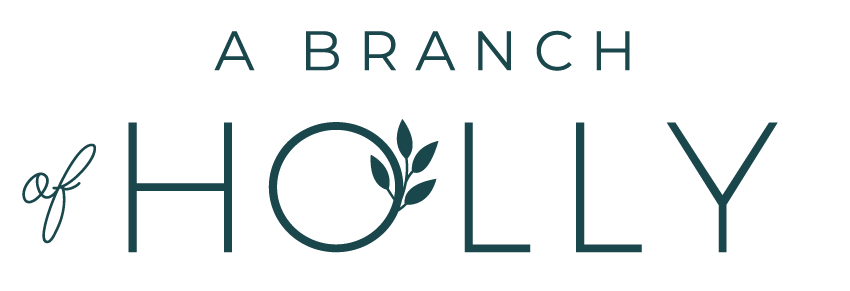Career 101: Basic Career Advice
Isn't it odd to think just how much of your life is made up by your career? Eight or more hours of one day may not seem like a lot, but when you think about doing that five times a week for a big chunk of the year, the feeling might start to change.
My career officially started in September so I'm still in the very early stages. But I've learnt so much about such a variety of things in just a short space of time. Which is where Career 101 comes in. This is a new series I'm introducing for A Branch of Holly. Our career is so important to us and because of this, there's no harm in having a helping hand along the way. So for the first instalment, I thought it would be good to go over some basic career advice. After all, it's always better to start at the beginning isn't it?
Know your CV inside out.
Your CV is the thing you take to every job interview. It's where you document every single skill and experience you have. Today, employers don't expect to see a piece of A4 paper filled with text. CV's now can be created and presented in so many different ways, from a website to an infographic. But what's even more important than the way it is presented is how well you know it. You're bound to be asked to elaborate the points on your CV. Look at the experience and skills you've listed and try to think of some questions you could be asked based around these. Knowledge and preparation are two key skills that are good for anyone to have, especially in the working world. And if you're looking to update or completely rewrite your CV, I wrote 11 Tips For Writing A Stand Out CV a couple of months back.
Have a great cover letter
Someone will be able to determine if they like you based on your cover letter. It's strange when you think of it like that. You're essentially trying to sell yourself in a few paragraphs. You may think that people don't read cover letters and yes, some won't. But at the very least they'll skim over it and some will definitely read it. If they see a sentence that sparks their interest, they'll be more inclined to contact you. What's important is that a cover letter isn't based on a one size fits all policy. You can have a basic paragraph structure which is then tailored to each job that you're applying for. Writing the first one is hard but definitely worth it. Keep your eyes peeled for a blog post on that soon.
Make contacts
The saying goes, it's not what you know but who you know. We've gone from looking for job ads in newspapers, to searching on Google, and today it's likely you could even get the chance of a job through Twitter. Having a list of contacts is a smart move. We're all unique and you never know when you might need someone. Everyone you meet and work with is worth keeping a note of.
Get as much experience as possible
Simple advice but so true. The more experience you have the better. It's so beneficial to ensure that you have a wealth of experience in the industry you want to work in. It's probably one of the reasons why you blog, especially if you want to be a writer or creative. We can never stop learning and the more we learn, the more we want to know. Start out by volunteering - this is something businesses love to see on CV's. Do more than what is expected of you and soon enough, like everyone, you'll work your way up and up.
Only apply for what you really want to do
If someone asked me to give them one piece of career advice it would be this - only apply for a job that you really want to do. One that you can see yourself in for at least six months. Finding yourself really disliking a job just a few days after you've started is a scenario no one wants to be in. It does mean you have to be picky but that's never a bad thing. It may mean it takes longer to find a job you really want, but at least that way you'll be sure. It's difficult, because sometimes you can never be sure. But getting a first job is the hardest thing. Once your career has started it's much easier to move around from job to job.
What basic career advice do you always follow?

